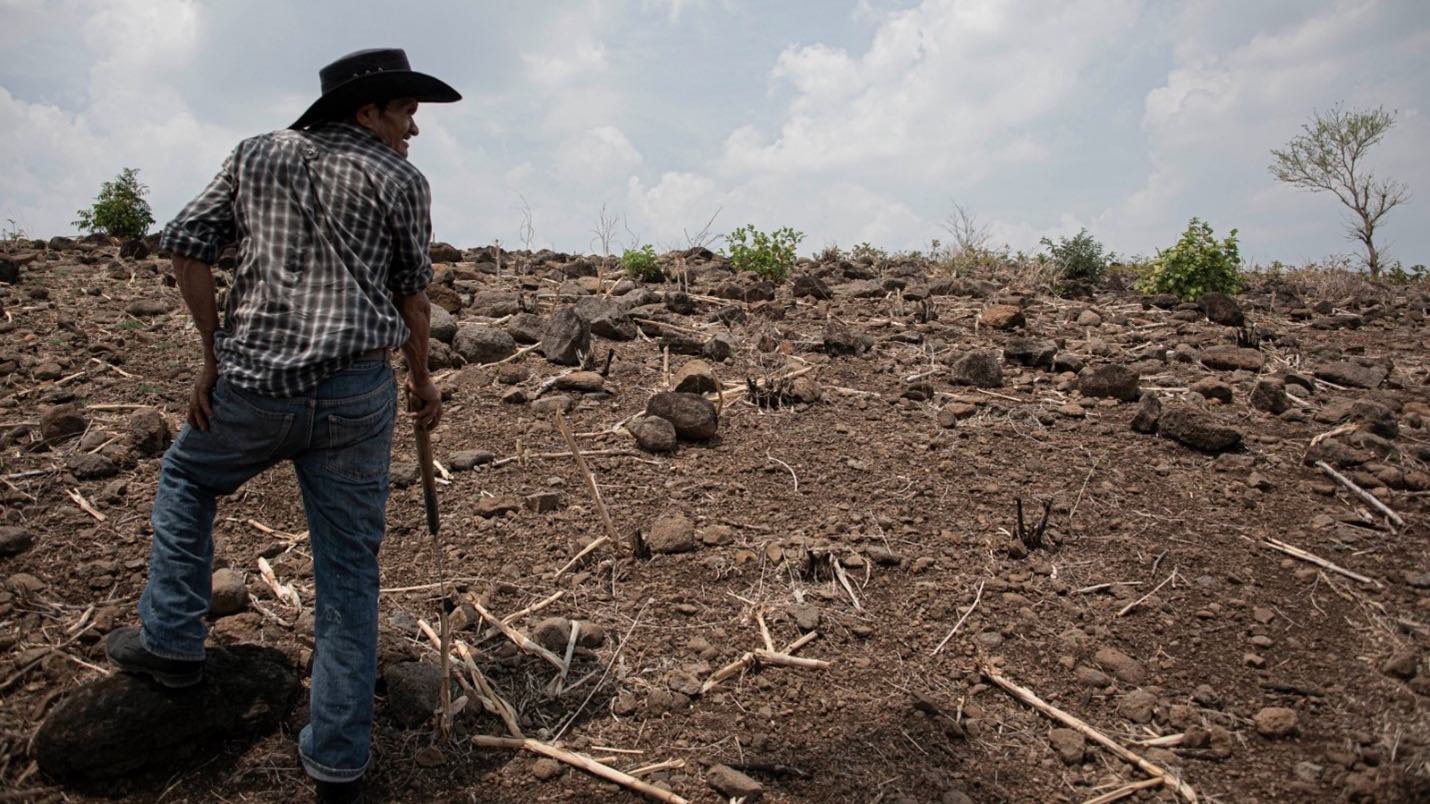The following is an excerpted version of a blog story that was originally published on the Food Security Portal’s Food for Thought blog (updated on October 24, 2014).
After several days of work, and the usual posturing and drama, members of the WTO closed the Ninth Ministerial Conference on December 7, 2013 with an agreement on the first comprehensive multilateral trade package negotiated within that organization. The Bali Agreement has been part of the process initiated by the Doha Round launched in Doha, Qatar in 2001 as an attempt to complete the unfinished work of the Uruguay Round. Negotiations at Bali almost collapsed because of disagreements about how to build and operate public food security stocks. India was concerned that current WTO rules may lead to challenges to its massive public food distribution system, which under the recently approved expansion could potentially reach 800 million poor people. WTO Members agreed to an interim solution (a “peace clause”) that would protect India and other developing countries in similar positions from related challenges until a permanent solution is found.
A key part of the Bali package was the Agreement on Trade Facilitation (ATF), which was the only new agreement negotiated in Bali. However, for this Agreement to enter into effect (i.e. become a binding commitment to the participating countries), it has to be ratified by two-thirds of WTO Members by July 31, 2015. Additionally, before being sent to the different capitals to start the country-specific ratification process, the final text of the ATF had to be reviewed and approved by the WTO General Council by July 31, 2014. That meeting closed without agreement because India linked the approval to a final resolution of the treatment of public food security stocks under WTO rules; and after several months of consultations failed to solve the impasse, WTO’s Director General Roberto Azevêdo reported to the WTO Members on October 16, 2014 that “this could be the most serious situation that this organization has ever faced.” (see http://www.wto.org/english/news_e/news14_e/tnc_stat_16oct14_e.htm). A new General Council to discuss these issues took place on October 21, and a new round of consultations was extended until October 31.
A collapse in those talks may lead to the unraveling of the whole Bali Package, and may represent a final blow to the relevance of the WTO and the system of international trade rules built around that institution. More importantly, given the intrinsic value of a system of international trade rules as a global public good— even if not everybody may agree on the appropriate balance of the existing provisions— plus the current worrying trends in the global economy, the collapse of these negotiations would add an extremely negative factor to the already complicated international conditions.
At IFPRI, we have been working on these trade issues and suggested some possible ways to accommodate the interests of the different parties involved, particularly focusing on the food security problems faced by the poor and vulnerable. A discussion of the economic and legal issues of the dispute can be found in my paper “On Food Security Stocks, Peace Clauses, and Permanent Solutions After Bali” (June 2014).
There I suggest an approach that tries to combine the legal and economic issues at stake, in a way that can be incorporated in negotiating language (as first discussed in my December 2013 blog story).
Read full story on Food Security Portal’s Food for Thought blog







